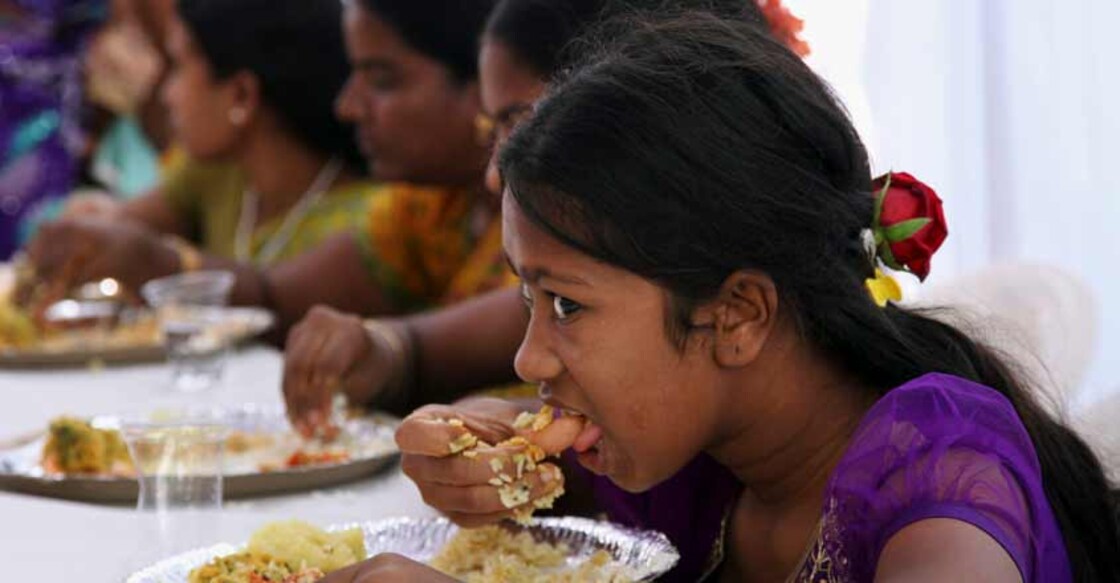State-run urban canteens should survive change of governments

Mail This Article
With competitive populism food canteens providing cheap and hygienic meals thrice a day were launched across several states in the last couple of decades. Bangalore's landmark Indira Canteens are under threat of downgrading after the recent change of government in Karnataka. Though the Greater Bangalore Municipal Corporation which runs about 100 canteens is controlled by a Congress mayor, Chief Minister BS Yediyurappa of the BJP has asked the bureaucracy to review government subsidy for the canteens run either in specially constructed buildings or through mobile vans. The name definitely will change as the BJP has demanded removing reference to former Congress Prime Minister Indira Gandhi, saying too many schemes are named after the leaders from Nehru-Gandhi family. It was a pet scheme of then Congress Chief Minister Siddaramaiah. But Indira Canteen which gave cheap food to poor workers and slum-dwellers was also seen as a vote-bank gimmick.
But if the Indira canteens are closed or downsized, it confirms a phenomenon that pet schemes of political leaders do not survive beyond their tenure. In neighbouring Andhra Pradesh, new Chief Minister YS Jaganmohan Reddy is riled with the Anna canteen scheme launched by his arch political enemy N Chandrababu Naidu and named after Telugu Desam founder N T Rama Rao, who was popularly called Anna. In Rajasthan too, the Congress government of Ashok Gehlot has reduced emphasis on the Annapurna Rasoi mobile canteen named after Hindu goddess of food. The mobile canteens had been launched with much fanfare in Jaipur and other cities by previous Chief Minister Vasundhara Raje of BJP. The canteen vans, equipped with kitchens, carried huge pictures of Raje, as her followers hailed her as the feeder of the poor.
Interestingly, these were copycat schemes modelled on then Tamil Nadu Chief Minister Jayalalithaa's Amma Unavagam (Mother's Canteen) scheme launched in 2011 in Chennai city and later expanded to other cities. Jayalalithaa herself was influenced by a party mayor who had started a canteen selling meals at Rs 5 per plate. Her scheme was a big success as queues snaked around the Amma canteens. By this move, she had challenged the DMK in its urban stronghold of Chennai. She kept the municipal officials of Chennai and other cities on their toes by getting her trusted lieutenants do surprise checks. These canteens were a contributing factor for her return to power in a tough 2016 assembly election. However after her death, these food stalls were not a priority for her own party leaders who rule the state now, carrying her photograph in their shirt pockets. The quality of food served in the Amma canteens deteriorated and the footfalls have come down. Bureaucrats sense the political signals fast as both Chief Minister E Palaniswamy has not monitored the canteens the way Jayalalithaa did.

Perhaps the only free meal scheme which has lived after the death of its promoters in the state and even gone onto become a national project is the mid-day meal scheme for school children. During colonial rule, meal was provided in schools in Madras and then discontinued. It was K Kamaraj, the school dropout who became Tamil Nadu (then called the Madras state) chief minister who introduced midday school in the state. Then actor-turned-politician M G Ramachandran expanded its scope when he formed the government. Kerala, Gujarat and a few other states also introduced mid-day meals in schools to improve nutrition and health of students. Prime Minister PV Narasimha Rao decided to make it a national scheme in 1995, with costs shared by the central and state governments. Government says now 12 crore students in classes 1 to 10 benefit from the scheme, which aims at persuading every child to attend school, making it the world's largest.
Perhaps the urban canteens, which provide food security to the poor and marginal sections, may have to be taken out of competitive populism and made into a steady, workable, leak-proof national programme. Until then such canteens will be opened, closed or have names changed, depending on who comes to power and who loses the chair.


